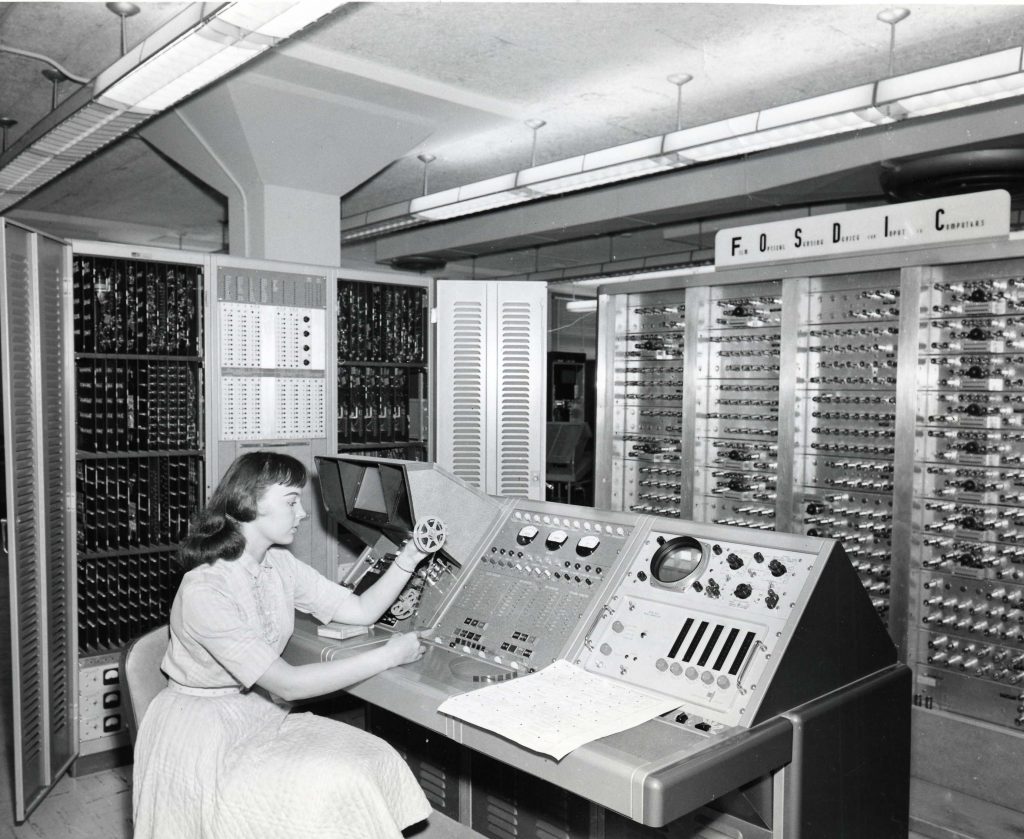GCF project development: Our first impressions
Following the submission of our first GCF proposal, we're sharing our first impressions about the project development process.

The Green Climate Fund (GCF) is a new international finance mechanism aiming to mobilise around $100bn annually for climate change market interventions by 2020. We recently worked with our client, one of the GCF’s first Accredited Entities, to develop a proposal for the GCF. This proposal was submitted last month and is under review by the Secretariat, making it one of the first project proposals that may be considered by the GCF at its Board meeting this November – we await their decision with bated breath!
At the outset our team of technical, economic, finance and development specialists investigated, evaluated and interpreted the evolving requirements of the GCF as an essential prerequisite to our work. We ultimately delivered a comprehensive funding proposal that met all GCF requirements.
Like many new initiatives, the GCF is experiencing some growing pains. From the user perspective, navigating the requirements while designing a project or programme that has a truly transformational impact (a ‘paradigm shift’ in GCF terminology) can be complex. This complexity has been exacerbated by the GCF still being in the process of developing its funding criteria, procedures, guidance and templates.
Working on accessing GCF funding during these past few months has thus been quite a challenge. We’d like to share some of our key learnings in the hope we can help make the process smoother for us all in the future.
Seven early lessons
1. GCF projects are different from those in the development banking sector and those funded by development aid funds, since they combine elements from both of these spheres.
Therefore developing a good GCF project requires inputs from a broader range of experts in investment, development, climate change mitigation/adaptation, project finance and market creation.
2. The upfront investment required to prepare a GCF proposal is significant.
It is essentially a one-step process requiring a fully developed proposal, including a feasibility study. Some Accredited Entities may have the resources and experience to fund the preparatory work, which will provide them with a significant advantage. Other Entities, whose funds for this preparatory phase are limited, may struggle to develop proposals despite having good project ideas. Readiness funds are available but progress seems slow, with 74 readiness requests made and only $1.9m grant agreements allocated to seven countries (as of 30 June 2015). For more details, see the GCF’s Report 360: Progress Report on Readiness and Preparatory Support Programme.
3. GCF documentation requirements are demanding and often confusing.
Even the terminology used by the GCF can be baffling depending on your sector; for example paradigm shifts, project closure and term sheets have ambiguous or multiple meanings. There are also many different valid ways of representing “Theories of Change”, yet little guidance from the GCF is available on the desired interpretation.
4. The GCF project cycle is defined but has yet to be fully tested.
To date, informal feedback received from the GCF Secretariat on projects has been timely but minimal. The Secretariat’s responsiveness is being tested now that the first round of proposals have been submitted and are awaiting review.
5. The preparation of a concept before submission of the full proposal is a voluntary step, but should not be skipped!
This is an opportunity for the GCF Secretariat to help guide the Accredited Entities towards a more successful outcome, for example by specifying technical and financial requirements, explaining GCF-specific terminology or requesting more detail on specific elements of the proposed project. Overall, input obtained at the conceptual stage allows for more efficient use of Accredited Entities’ time and resources. The GCF is also preparing additional support such as the recently posted “Concept Note User’s Guide”.
6. While extensive documentation is available in the online GCF “Operations Manual”, key information is still lacking.
Information on the Fund’s plans, priorities and processes is included in numerous documents produced for each GCF Board meeting (3-4 times a year). At the same time there are important information gaps. We await the completion of the Appraisal Toolkit, including the “Funding Proposal User’s Guide” and guidance on project and programme appraisals, and the “assessment sheet” for the project approval process. We’re keeping on top of all these developments, but it’s time-consuming! We wonder if this will be feasible for those Accredited Entities with limited resources.
7. Currently, no information is being made public on proposed GCF projects and on how these are being reviewed.
In our view, this is not conducive to optimally reaching our climate change goals via GCF. To facilitate early cooperation on potentially complementary initiatives, to avoid wasted effort and to identify best practices, we hope that the GCF addresses this transparency issue with the greatest urgency.
Despite these early teething issues, we’re sure GCF will continue to establish itself as a landmark climate fund, and we’re quietly upbeat that our project may be one of the first to receive funding …
In collaboration with UNEP DTU and the University of Twente, E Co. is continuing to provide expert coaching through the online/residential course, ‘Formulating Project Proposals For Climate Change Mitigation And Clean Energy,’ which this year focuses on the design of GCF projects. For more information click here.